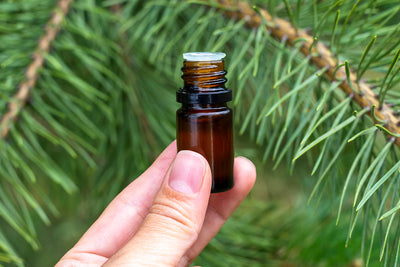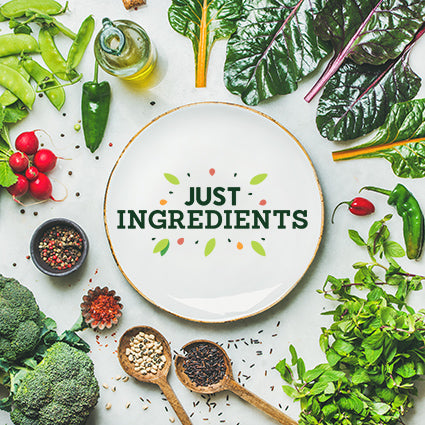The Importance Of Food Safety 🍴
Food standards help us to ensure what we eat is safe. Food safety is a shared responsibility between governments, producers and consumers. Everybody has a role to play from farm to table to ensure the food we consume is safe.
Did you know: 
🌍 1 in 10 people are affected by foodborne diseases each year.
🤒 1,600,00 people get sick due to unsafe food in one day, on average.
❌ 340 children under 5 years of age die due to preventable foodborne diseases, on average, every day.
😷 200 diseases are caused by unsafe food, ranging from diarrhoea to cancers.
What you can do:
🧼 Wash your hands using warm water and soap for at least 20 seconds before and after handling food and after using the bathroom and handling pets. to reduce germs that cause foodborne illness.
🔪 To reduce the risk of illness, use separate cutting boards, one for produce and one for meat and poultry.
💧 Wash your cutting boards, dishes, utensils, and counter tops with hot soapy water after preparing each food item and before you go on to the next food.
🍴 Consider using paper towels to clean up kitchen surfaces. If you use cloth towels wash them often in the hot cycle of your washing machine.
🍗 Avoid rinsing poultry. It spreads germs around the kitchen and is not a safety step.
🌡️ Cook food to a safe internal temperature as measured with a food thermometer.
❄️ Keep a constant refrigerator temperature of 4C or below.
🥕 Rinse fresh fruit and veg under running tap water, including those with skins and rinds that are not eaten.
🥔 Rub firm-skinned fruits and vegetables under running tap water or scrub with a clean vegetable brush while rinsing with running tap water.




